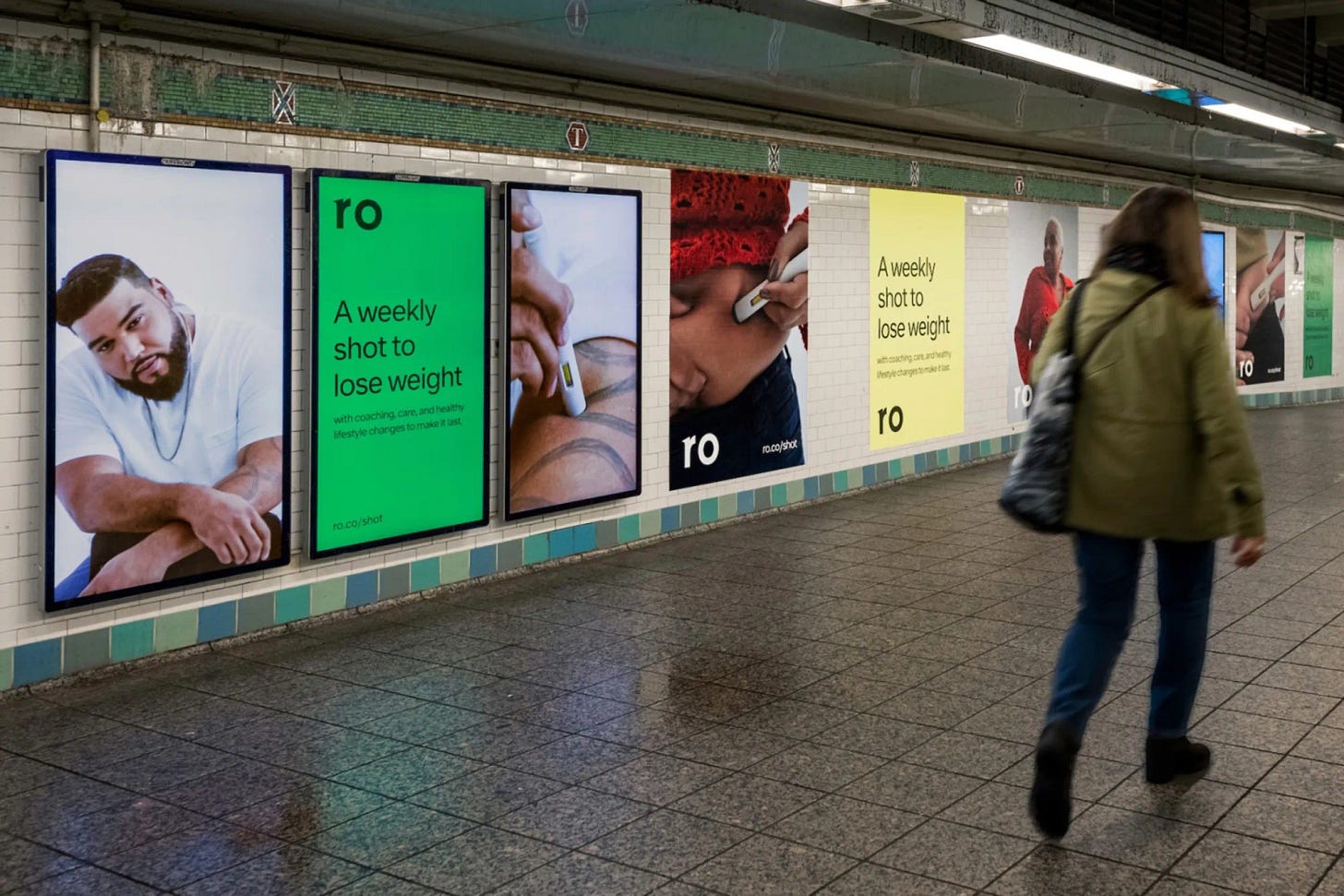Still Stunned: A Foreign Visitor's Take on US Direct-to-Consumer Drug Ads
Direct-to-Consumer pharmaceutical advertising just isn’t a thing in Europe
As an Irish/English visitor to the United States, there are many enjoyable cultural nuances to navigate, from the size of portions in restaurants to the ubiquity of air conditioning. But one aspect of American life continues to leave me utterly bewildered: the relentless barrage of direct-to-consumer (DTC) pharmaceutical advertising.
Back home in Ireland, and across much of Europe, the very notion of medications being pitched directly to the public with glossy visuals and catchy jingles is simply unheard of. Here in the States, however, it's a constant presence. Television breaks are saturated with advertisements for everything from allergy remedies to complex biologics, complete with detailed explanations of potential side effects delivered at breakneck speed. Radio stations weave pharmaceutical plugs between songs, and even print media is awash with ads for the latest miracle cure.
The sheer volume of these advertisements is astounding. It's not just the frequency, but the intensity. The ads often portray idyllic scenarios: smiling, active individuals enjoying life to the fullest, thanks to the advertised medication. The message is clear: suffering is optional, and a pill can solve almost any problem.
What strikes me most is the level of detail provided. These ads aren't just vague promises of relief; they often delve into the specific mechanisms of action and list a dizzying array of potential side effects, often rattled off in a rapid-fire disclaimer. It's a strange juxtaposition: the promise of a better life juxtaposed with a litany of potential risks, including, in some cases, death. Don’t get me wrong, it’s helpful, essential and ethical to do this. It’s just odd and jarring to see it inbetween the latest installment of your favourite TV show without a warning.
This practice raises several questions for me. Firstly, how can the average consumer, without a medical background, accurately assess the benefits and risks of these complex medications? The ads often seem designed to appeal to emotions rather than promote informed decision-making. Secondly, does this constant exposure to pharmaceutical advertising create a culture of over-medication? Is it contributing to a demand for quick fixes and a reluctance to first explore non-pharmaceutical approaches to health such as changes to diet?
The concept of asking your doctor about a specific drug, as so often suggested in these advertisements, seems to place an undue burden on physicians. They are expected to field questions about medications driven by marketing campaigns, potentially diverting valuable time from addressing individual patient needs. In Ireland, this simply doesn't happen. You visit your primary care physician with a health condition and they suggest treatment while discussing the benefits and risks in a manner tailored to your ability to absorb the information.
I understand that the pharmaceutical industry argues that DTC advertising empowers patients by providing them with information and encouraging them to take an active role in their healthcare. Yes, it does help to raise awareness of new and available treatments, and encourages patients to seek medical advice. That would be helpful in Ireland, too.
While I appreciate the innovation and advancements in medicine that the pharmaceutical industry represents, I can’t help but feel that the current system of DTC advertising is too much, too often and even unfair to those without the means to pay for them.
As my time in the US continues, I’m sure I’ll become slightly more accustomed to the sights and sounds of pharmaceutical advertising. But the initial shock, will likely stay with me long after I return to the familiar, less medicated air of Ireland.





